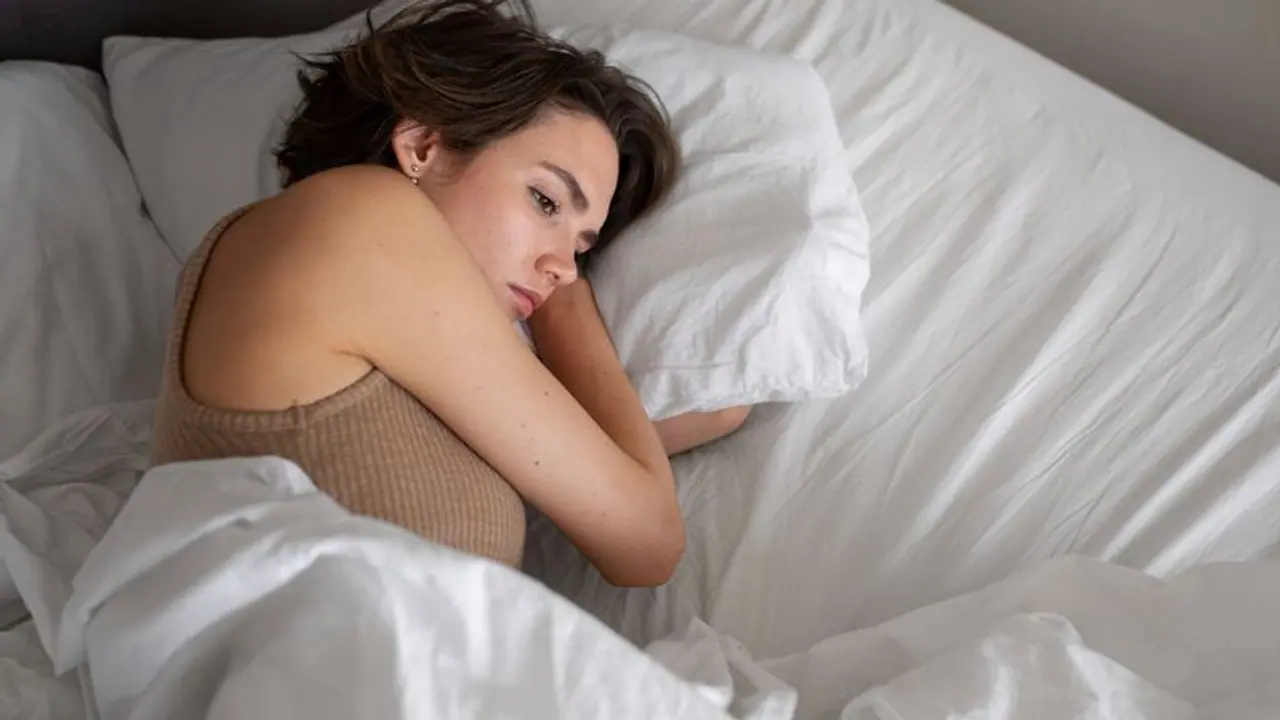Many individuals struggle with insomnia, and the issue is getting worse with the rise of technology and busy lifestyles. If you have trouble sleeping, try using earplugs or creating a dark and cool environment to fall asleep quickly.
Insomnia is a dreadful issue that affects not just physical health but mental well-being and depletes overall quality of life. Around 10% of the total population struggles with it every year. Many studies also link poor cognitive abilities and symptoms of dementia with sleeplessness.
It is a dangerous problem which if not cured can lead to several chronic issues such as mental health problems, weakened immune system, obesity, heart diseases, and hypertension. Many individuals dismiss sleeplessness as a minor inconvenience but it is a serious problem with many life-threatening consequences.
Following are some tips to help you sleep better and combat insomnia:
Make your bedroom quiet
Try to sleep in a quiet and peaceful environment. If you live in a noisy area, you can use earplugs or play white noise in the background to eliminate loud sounds and noises. Thick curtains can also help absorb sounds.
Have a consistent sleep schedule
Ensure sticking to a daily sleep schedule and follow it religiously to make sure your body gets used to it. This helps regulate the internal body clock and trains your brain to fall asleep daily at the same time.
Limit screentime exposure before bed
The blue light emitted by your devices can be the reason for your sleeplessness by keeping your brain up and disrupting your sleep cycle. Try to avoid bright screens an hour before bedtime to prevent sleep disturbance and have a restful sleep at night.
Don't consume caffeine before bed
Caffeine can keep your brain awake and interferes with your sleep schedule. Avoid caffeinated products such as drinks, medications, and chocolates during the evening for a better night's sleep.
Get regular exercise
Keeping your body active during the day can help you fall asleep more easily at night. Make sure you get at least 30 minutes of moderate exercise every day. Several studies have found that regular exercise improves sleep quality in many individuals with insomnia.
Insomnia cannot be fixed in a day, but positive lifestyle changes and better stress management can gradually improve the quality of your sleep. Always seek help from professionals if needed, and do not take sleep medications without a proper prescription.
Also Read: Best exercises to build strong bones
Also Read: How to prevent heat-related illnesses during Indian summers: Ministry of Health
